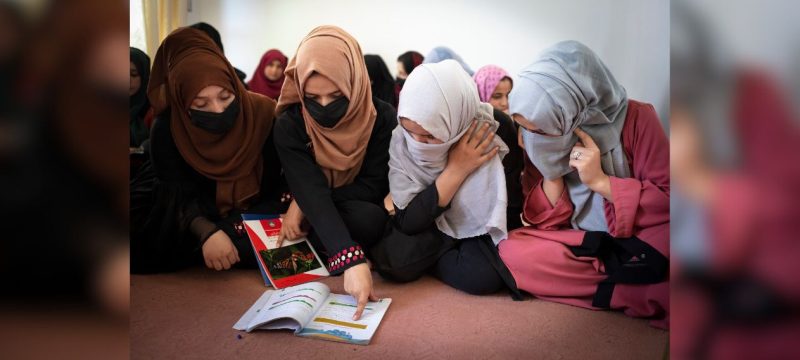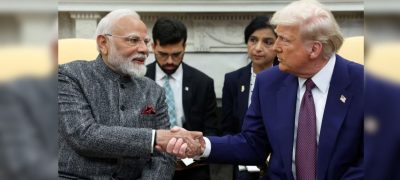Senior Taliban official Sher Abbas Stanikzai has publicly urged the group’s leadership to lift the controversial education bans imposed on Afghan women and girls.
In a speech at a religious school ceremony in Khost province, Stanikzai, who is the political deputy at the Foreign Ministry, described the restrictions as unjustifiable. He argued that there is no valid reason to deny education to women and girls, stating that the ban is a personal choice rather than based on Islamic law, and it denies rights to half the population of Afghanistan.
Read more: Taliban Confirms Death of Former Australian Hostage Jibra’il Omar
The Taliban’s policy, which prevents girls from attending school beyond the sixth grade, has received widespread international criticism.
Reports from September 2023 indicate that authorities have also halted medical training and courses for women, further worsening the healthcare crisis in a country where female medical professionals are essential to women’s healthcare.
Stanikzai’s comments are significant as they publicly challenge the Taliban’s supreme leader, Hibatullah Akhundzada, and call for a reconsideration of the education bans. This is the first time Stanikzai has directly called for a policy change, and it highlights increasing divisions within the Taliban over the issue. Some factions within the group are advocating for reforms to secure international recognition and aid.
The education bans have drawn severe global condemnation. At a recent conference in Islamabad, Nobel Peace Prize winner Malala Yousafzai criticized the restrictions as a violation of Islamic principles and human rights. The United Nations has also warned that such policies are preventing international recognition, isolating Afghanistan and limiting access to global aid and economic opportunities.
Despite Afghanistan’s lack of recognition, countries like Russia and India have continued to engage with the Taliban-led government. As divisions within the Taliban leadership become clearer, analysts suggest that the international community should use these rifts to push for reforms, especially regarding women’s education and employment rights.
Ibraheem Bahiss, a South Asia analyst, emphasized that Stanikzai’s latest statement challenges the legitimacy of the current policies and highlights the need for the Taliban to reassess their approach for the country’s future progress.









